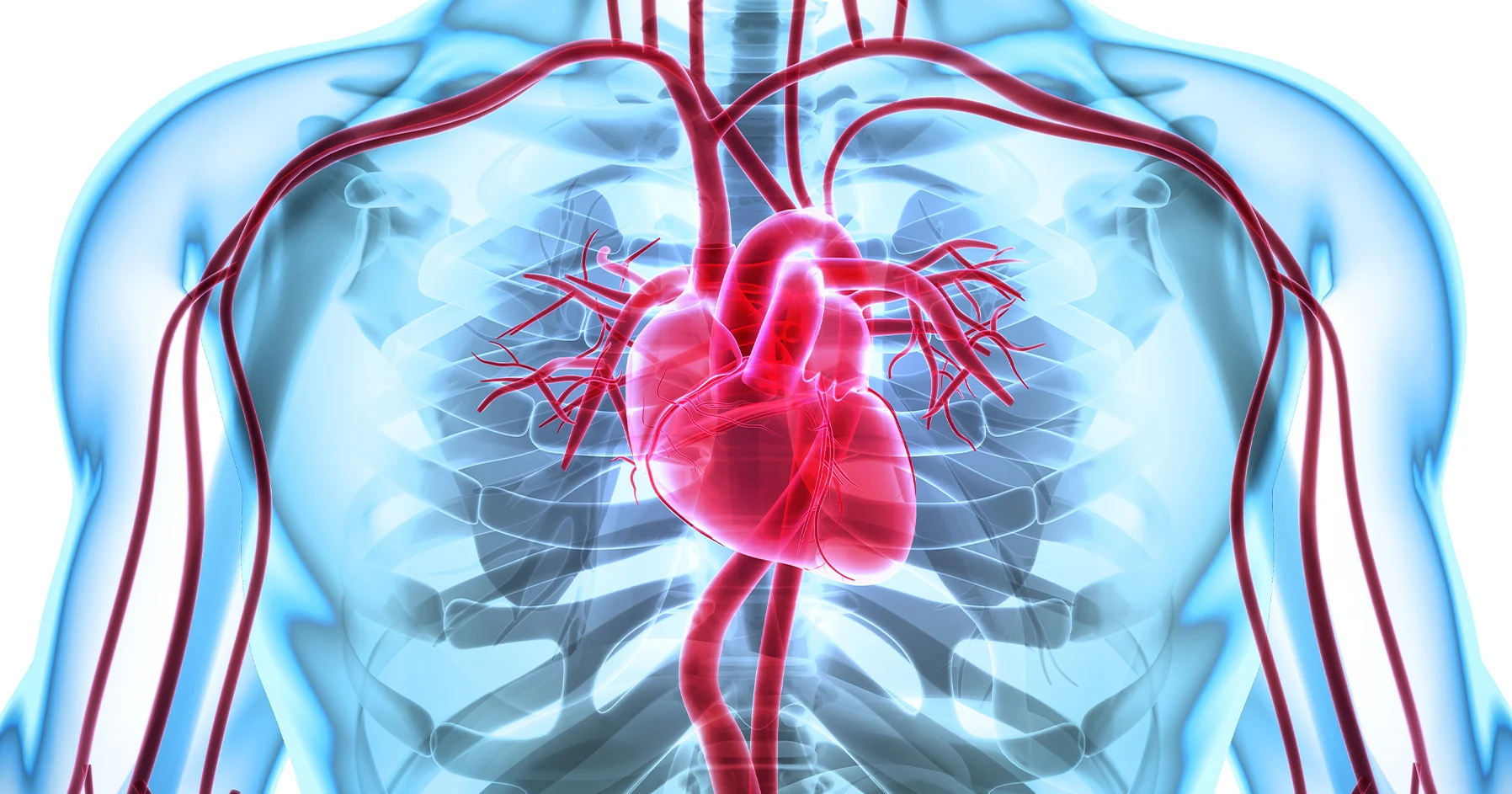
You expect heart problems to start in the chest. But it doesn’t begin in the heart—it begins somewhere quieter and more chemical. A signal slips. A balance tilts. And suddenly, blood vessels respond in ways they shouldn’t.
Endocrinology hides in the background. Hormones work invisibly. But when they misfire, the entire cardiovascular system follows. Slowly. Without warning.
And by the time symptoms appear, the problem has already traveled far from its original source.
Insulin doesn’t just move sugar—it moves risk
Insulin is supposed to help. But when cells resist, the message gets louder. Insulin doesn’t just move sugar—it moves risk. It tells the liver to store more fat. It signals inflammation. It stiffens arteries.
You don’t feel it happen. But it’s happening. Every spike is a message. Every crash is a consequence. And the heart watches all of it unfold.
What starts in the pancreas ends up burdening every vessel.
High cortisol makes pressure rise without asking
Stress doesn’t feel physical at first. But cortisol doesn’t wait for logic. High cortisol makes pressure rise without asking. It narrows vessels. Increases heart rate. Tells the body danger is near.
Even when you’re sitting still, your blood flows faster. Stronger. Not from movement—but from hormones. And that pressure builds over time.
It doesn’t take trauma. Just repetition. Repeated alerts to a body that no longer knows peace.
Thyroid hormones either rush or slow the pulse
You feel it in your chest. The rhythm speeds up. Or it disappears. Thyroid hormones either rush or slow the pulse. Hyperthyroidism makes the heart race. Hypothyroidism makes it lag.
Both confuse the cardiovascular system. Both change blood pressure. And both go unnoticed for years—until the effects ripple into something measurable.
Fatigue. Dizziness. Cold hands. Palpitations. All signs of a heart responding to another organ’s confusion.
Estrogen protects—until it disappears
Before menopause, estrogen cushions risk. Afterward, that safety net thins. Estrogen protects—until it disappears. It supports good cholesterol. Reduces inflammation. Keeps vessels elastic.
When levels fall, arteries stiffen. LDL climbs. Blood pressure rises. That’s why heart disease risk jumps after menopause. Not because of age—but because of loss.
And you don’t feel estrogen leaving. But your heart does.
Testosterone supports vessels, then changes them
Testosterone works differently. In low amounts, it causes fatigue. In excess, it can raise cholesterol. Testosterone supports vessels, then changes them. Its balance determines how much protection stays.
For men, low levels raise cardiovascular risk. For women, high levels do the same. Hormones never work alone. They act in teams. And when one leads, others must follow or fall apart.
The heart listens to these shifts even when the mind doesn’t.
Fat distribution tells a hormonal story
Where fat gathers matters. Around the hips tells one tale. Around the waist tells another. Fat distribution tells a hormonal story. And that story ends in vascular risk.
Visceral fat isn’t just storage—it’s an endocrine organ. It secretes inflammatory markers. It raises blood pressure. It crowds the liver.
You think it’s just weight. But it’s a signal. A message sent from hormones to the arteries.
Inflammation becomes a quiet accomplice
Not all damage comes from clots or cholesterol. Some comes from heat. From silent fire. Inflammation becomes a quiet accomplice. And many hormones feed it.
Insulin resistance. Cortisol excess. Estrogen loss. Each adds fuel. Each increases arterial tension. Until one day, a vessel narrows. Or hardens. Or breaks.
And there was no pain. Just pressure. And a system no longer able to cool itself.
Blood pressure isn’t only about salt
You watch what you eat. You move. But your blood pressure climbs. Blood pressure isn’t only about salt. It’s about signals. Hormones that push, even when you’re resting.
Aldosterone holds sodium. Cortisol tightens vessels. Insulin resists flow. Even thyroid hormone can change tone. The numbers rise—and you haven’t done anything differently.
That’s the hardest part. Fighting pressure built from signals you didn’t send.
The heart listens even when you don’t
You feel fine. But fine isn’t feedback. The heart listens even when you don’t. Every beat follows a map drawn by hormones.
When that map changes, rhythm shifts. Recovery slows. Risk builds. Not from behavior—but from signals gone silent or too loud.
That’s why tests matter. Not just blood pressure—but hormone levels. Not just cholesterol—but cortisol. Because the root often hides behind the number.
